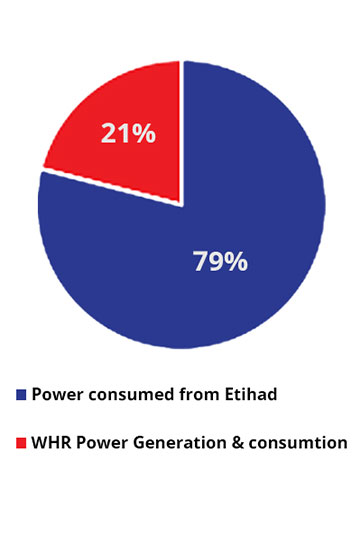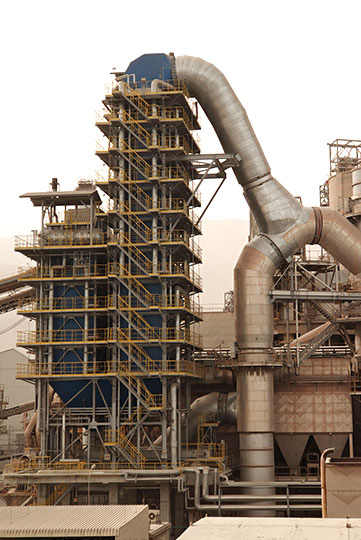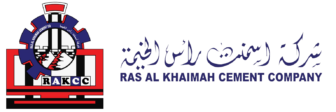Health Safety & Environment
HSE POLICY
At RAKCC, environmental protection guides how we operate our business activities. To us, protecting the environment applies not only to our plant operations but also to our wider community. Our commitment to the environment is demonstrated through our Company’s Environmental Policy, ensuring that our operations are conducted efficiently with minimal risks to the environment. In addition, we have been very conscious about reducing our environmental footprint within our facilities and enabling compliance with environmental regulatory requirements.
Environmental Management and Compliance
We are committed to maintaining sound environmental management standards and strict compliance with all relevant environmental regulations where we operate. This commitment is in line with our principle of continuous improvement and protecting the environment for our collective good, particularly at and around our operation sites. We strive to minimize our energy consumption and natural resources and the negative environmental impacts our operations create. We continuously monitor both international and national environmental requirements to align our environmental performance. At RAKCC, we comply with all regulations and laws by the Ministry of Climate Change, including Decree 137 and regulations from the Local Authority (EPDA) in Ras Al Khaimah. We also coordinate with the Ministry of Environment and Water and the Environmental Protection Authority in Ras Al Khaimah to ensure our environmental performance is aligned with local requirements. Additionally, our plant has been designed to meet the most stringent European standards for environmental protection.
Our Energy Consumption
Energy constitutes a significant amount of the total cost of cement production, which has a significant economic impact on our business. With high input costs and the growing emphasis from stakeholders on adopting eco-friendly manufacturing processes, we identified the waste heat recovery system as an opportunity to reduce our energy. In 2019, we installed a new Waste Heat Recovery System which has allowed us to reduce our energy consumption by reusing the heat produced during our manufacturing process. In 2020, 21% of our power generation came from our Heat Waste Recovery System. These changes are a testament to our management’s efforts to improve our environmental performance. In 2020, we produced 21% of our electricity from renewable sources. Our efforts to integrate renewable energy into our operations have reduced our dependency on non-renewable sources, and we hope to continue to utilize renewables in the future.


